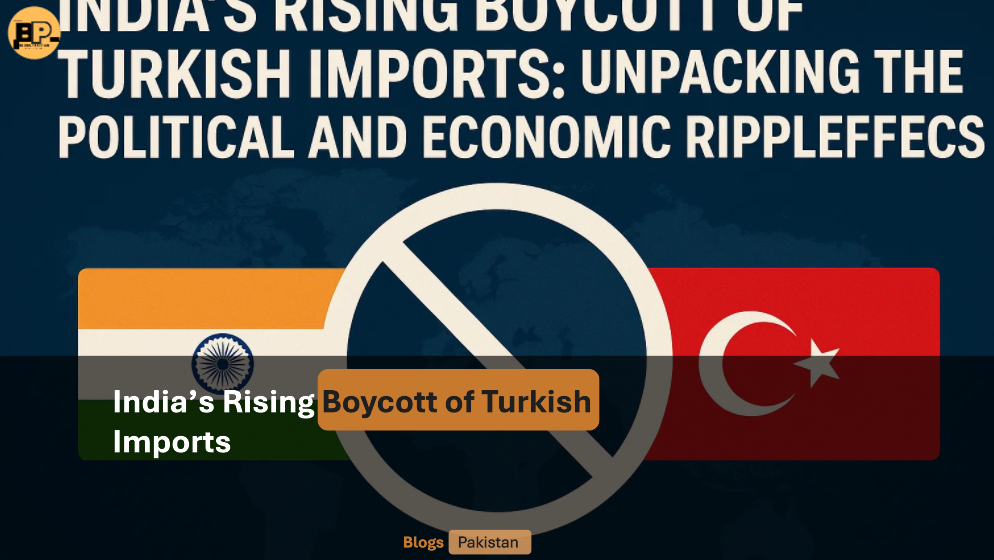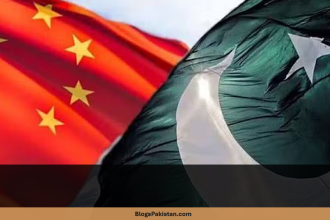A split image showing Indian protestors holding “Boycott Turkish” signs on one side and shelves of Turkish products like coffee and clothing on the other. Caption: “Indian consumers take a stand against Turkish imports amid diplomatic tensions.
The Spark Behind the Boycott: Political Tensions Take Center Stage
The diplomatic friction between India and Turkey has reached boiling point, spilling over into the economic arena. At the heart of the conflict is Turkey’s vocal support for Pakistan following India’s military actions in Jammu and Kashmir. Turkish President Recep Tayyip Erdogan’s public alignment with Pakistan triggered outrage among Indian citizens, leading to calls for a nationwide boycott of Turkish goods.
This isn’t just a symbolic gesture—it’s a calculated move by Indian consumers and businesses to leverage economic pressure. From grocery stores to e-commerce giants, the boycott reflects a blend of nationalism and strategic retaliation.
From Grocery Aisles to Fashion Hubs: Sectors Feeling the Heat
Small Retailers Lead the Charge
The All India Consumer Products Distributors Federation (AICPDF), representing 13 million local grocery stores, has launched an indefinite boycott of Turkish-made food items. Products like chocolates, biscuits, jams, and skincare essentials are being pulled from shelves, impacting an estimated ₹20 billion ($234 million) in trade.
This grassroots movement highlights the power of India’s unorganized retail sector, which contributes nearly 10% of the country’s GDP. By targeting everyday items, the boycott aims to hit Turkey’s export economy where it hurts.
Fashion Giants Join the Fray
Major Indian e-commerce platforms are also stepping up. Flipkart’s Myntra and Reliance’s AJIO have quietly removed Turkish apparel brands like Trendyol, LC Waikiki, and Koton from their listings. Sources cite “national interest” and shifting consumer sentiment as key drivers.
Turkish fashion exports to India, valued at $81 million in 2023, now face uncertainty. With Reliance and Flipkart controlling a significant share of online fashion sales, the absence of these brands could reshape market dynamics.
Agriculture Enters the Crossfire
Himachal Pradesh Chief Minister Sukhvinder Singh Sukhu has called for a ban on Turkish apple imports, which totaled $60 million last year. As one of India’s largest apple-producing states, Himachal’s stance could bolster local farmers while squeezing Turkey’s agricultural exports.
Crunching the Numbers: Economic Impact on Both Sides
India imports $2.7 billion worth of Turkish goods annually, primarily mineral fuels and precious metals. While the boycotted items represent a fraction of this, the long-term implications are significant:
- Consumer Goods: $234 million in food products at risk.
- Apparel: $81 million fashion industry ties in jeopardy.
- Tourism: Flipkart’s travel arm has halted Turkey-bound bookings, denting a sector still recovering from pandemic losses.
For Turkey, which already faces economic challenges like inflation and currency depreciation, losing a key market like India could exacerbate financial strain.
Beyond Products: Aviation and Security Fallout
The boycott has transcended consumer goods. New Delhi revoked the security clearance of Turkish aviation firm Celebi, disrupting ground handling services at major Indian airports. Additionally, Air India is lobbying against rival IndiGo’s proposed partnership with Turkish Airlines, citing both business competition and geopolitical concerns.
These moves signal India’s willingness to weaponize economic ties in response to diplomatic disagreements—a tactic increasingly common in global politics.
Why This Boycott Stands Out: A Shift in Consumer Nationalism
Unlike past boycotts driven by price or quality, this movement is rooted in patriotism. Social media campaigns with hashtags like #BoycottTurkey and #IndiaFirst have amplified the cause, urging citizens to “support local” and reject imports.
Experts argue that such boycotts rarely cause lasting damage to trade relationships. However, the emotional resonance of this movement—combined with India’s massive consumer base—could force Turkey to recalibrate its diplomatic stance.
What Lies Ahead: Pathways to De-Escalation
- Diplomatic Dialogue: Restoring communication channels between India and Turkey is critical. A neutral mediator might help bridge the gap.
- Economic Diversification: Turkey could reduce reliance on Indian markets by exploring trade opportunities in Africa or Southeast Asia.
- Consumer Awareness: Transparent messaging about the boycott’s impact on livelihoods (e.g., Indian retailers dependent on Turkish suppliers) may temper public sentiment.
Final Thoughts: A Lesson in Globalized Politics
The India-Turkey trade clash underscores how geopolitics and economics are inextricably linked. While boycotts serve as immediate expressions of public anger, lasting resolutions require diplomacy and mutual respect. For now, Turkish coffee and kebabs might vanish from Indian shelves, but the deeper question remains: Can these nations brew a path back to cooperation?










